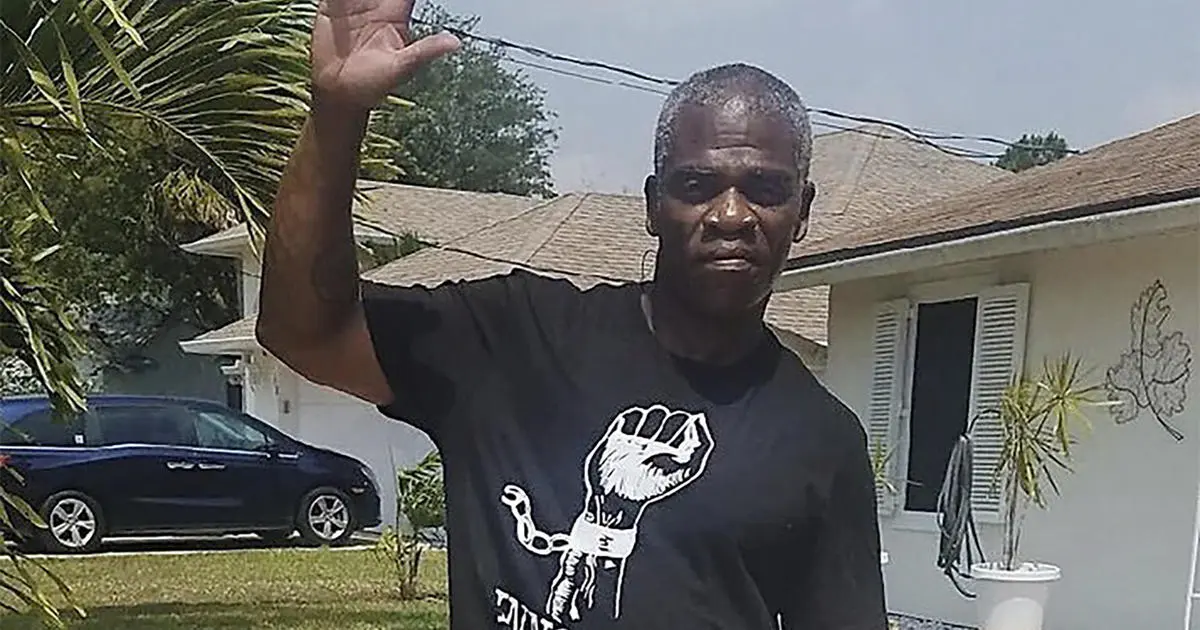A man who spent more than 16 years in prison in Florida on a wrongful conviction was shot and killed Monday by a sheriff’s deputy in Georgia during a traffic stop, authorities and representatives said.
Leonard Allen Cure, 53, was identified by the Georgia Bureau of Investigation, which is reviewing the shooting.



It’s certainly very complex. I definitely agree he didn’t get a fair treatment or trial and for that reason alone shouldn’t be incarcerated
I also think that the Netflix documentary really skewed the view and understanding of the evidence, though. And, as you note, there can be confusion over what level of certainty a jury needs to reach. Beyond a reasonable doubt, not beyond any doubt.
All this being said, it bothers me to some degree that people will go to great lengths to fight for Avery’s innocence, largely due to that documentary, when there are others whose cases are much more questionable and deserve attention too, such as Temujin Kensu.
I just hope that people, upon seeing documentaries (or really any information that drives them to a certain decision or thought, particularly based on an emotional response), would do further research.
Here’s the Ninth Circuit opinion on reasonable doubt: “A reasonable doubt is a doubt based upon reason and common sense and is not based purely on speculation”. A single “I don’t know”, a single seemingly-minor inconsistency, a singular whiff of incompetence by the defense council. More complicatedly, a single defense line of questioning that gets suppressed (which, maybe a juror is supposed to disregard, but being told to disregard something favorable to the defense at all is something that gets my “common sense” aware)
There’s a gap between reasonable doubt and doubt, but it’s a lot narrower than the gap between reasonable doubt and preponderance of evidence. If the phrase “probably did it” shows up in deliberation, that should be the moment everyone stops and agrees to a “not guilty” verdict because of the “probably”.
He’s an Innocence Project exoneree who, as you just agreed, was railroaded again. I’d like to point out that Netflix didn’t lead the publicity about him, they just profited from it. And the truth is, there’s enough inconsistency with the prosecution’s case that “probably did it” is honestly a bit strong and I vacillate between thinking he did it and that he’s innocent because as bad as it looked for him, there were a couple stronger suspects that didn’t have alibis. The only reason I’m not “team innocence” is the physical evidence, but even I have to admit it’s evidence that prosecution couldn’t form a cohesive narrative for but defense could.
Coincidentally, I watched a “Police Accountability” video just yesterday that matches the Defense story of this trial almost perfectly. Small car (let’s say house), they keep searching for something and fail to find it… Then you hear them panicking that this is going to blow back if they don’t find something. And then the cop plants a little marijuana thinking the angle on his body-cam won’t catch it, and it only barely does. There are inconsistencies with how they discovered the only physical evidence that directly ties Steven Avery to the homicide (the bones weren’t a smoking gun), evidence that is so weird it doesn’t create a sensible story.
Both Lenk and Colborn are described like they had nothing against Avery, but both were caught in the exoneration crossfire, and their behavior could have prevented Avery from being convicted of the original rape.
See, there I go again. Just talking to you and remembering my own independent research about the whole key-and-blood situation, I’m leaning towards actually innocent again. I’ll probably flop back the other way shortly. But that’s why it’s a complicated case. Netflix never shows both sides of everything. And FWIW, all the evidence we’ve been discussing is divulged in the Netflix documentary.